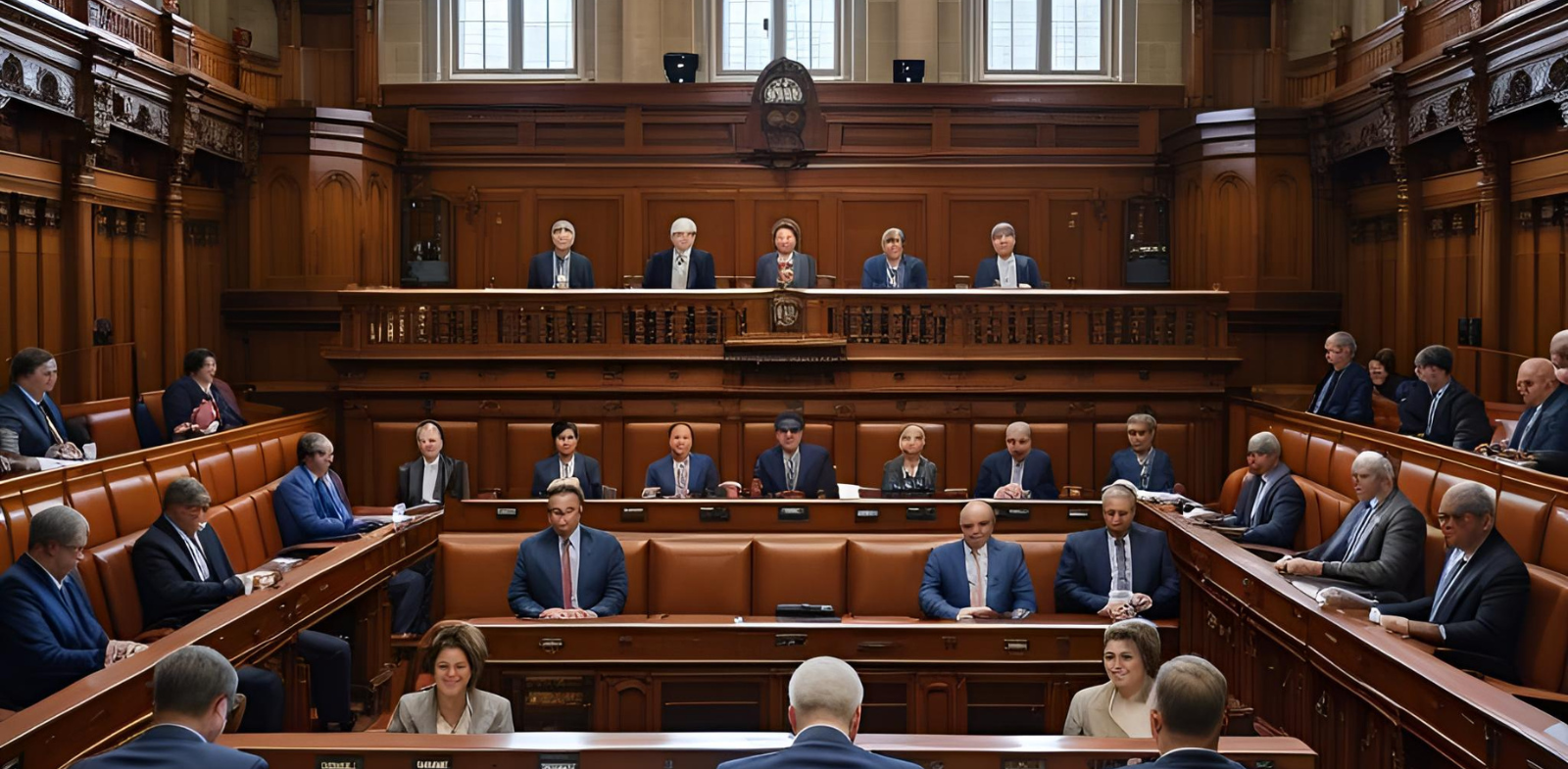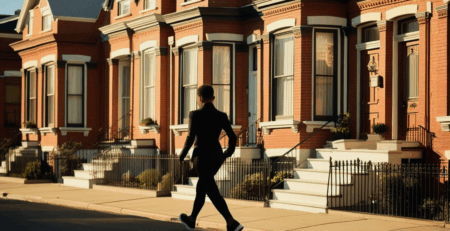Bill 10: What Ontario Landlords Need to Know About the Proposed Drug Activity Legislation
Bill 10: What Ontario Landlords Need to Know About the Proposed Drug Activity Legislation
In May 2025, the Ontario government introduced Bill 10 – the Protect Ontario Through Safer Streets and Stronger Communities Act. This legislation, if passed, could have serious implications for landlords, particularly those unaware of illegal drug activity occurring in their rental properties.
With increasing public concern about community safety and illegal drug production, this bill seeks to hold landlords accountable. Here’s what you need to know.
📜 Overview and Legislative Status
-
Introduced: May 1, 2025
-
Current Stage: First Reading in the Ontario Legislative Assembly
-
Key Component for Landlords: Schedule 8 – Measures Respecting Premises with Illegal Drug Activity Act, 2025
If passed, this schedule would give law enforcement expanded powers and make landlords legally responsible for knowingly allowing drug activity on their premises—or failing to take reasonable steps to prevent it.
🧾 Key Provisions That Affect Landlords
1. Landlords Must Prevent Illegal Drug Activity
Landlords would be prohibited from knowingly permitting their properties to be used for the production, sale, or trafficking of illegal drugs or unauthorized cannabis.
✅ A defense is available—if the landlord can prove they took reasonable measures to prevent the activity.
2. No Possession of Proceeds
Landlords are also barred from knowingly holding funds or goods obtained through illegal drug-related activity on their property. Importantly, this clause offers no statutory defense.
3. Increased Police Authority
Police would be empowered to:
-
Remove tenants or guests
-
Close commercial properties
-
Restrict property access
-
Seize items on-site
-
Make arrests without a warrant under certain conditions
Any interference with these actions could result in charges or fines.
⚠️ What This Means for Landlords
Expanded Risk
Landlords must now be proactive, not reactive. Simply claiming ignorance won’t be enough.
Legal Grey Areas
Terms like “knowingly permit” and “reasonable measures” are not precisely defined, potentially exposing landlords to legal risk even in murky situations.
Potential Financial Penalties
Non-compliance could result in:
-
Fines
-
Property forfeiture
-
Civil litigation
-
Liability for directors/officers of corporations, including non-profits
🧭 How Landlords Should Prepare
1. Upgrade Your Tenant Screening
-
Use thorough credit, employment, and reference checks
-
Where legal, conduct criminal background checks
-
Speak to past landlords directly
2. Reinforce Lease Agreements
-
Add explicit clauses banning drug-related activities
-
Include inspection rights with proper notice under the Residential Tenancies Act
-
Clearly state consequences for violating rules
3. Create a Routine Inspection Schedule
-
Conduct semi-annual or quarterly inspections
-
Provide proper N8 or N9 notice when applicable
-
Document everything (photos, notes, communications)
4. Educate and Engage Tenants
-
Explain expectations clearly
-
Encourage reporting of suspicious activity
-
Open communication can build trust and reduce risk
5. Collaborate With Authorities
-
Build a relationship with local police or bylaw officers
-
Know how and when to report issues properly
6. Review Your Insurance Policy
-
Ensure you’re covered for property damage, liability, and loss of rent
-
Ask about exclusions for illegal activity and clarify coverage
⚖️ Real-World Landlord Challenges
Landlords across Ontario have already faced costly consequences for drug-related activity in rental units—often without warning.
💥 Case 1: $35K in Damages
A landlord in Ontario discovered tenants using the home for drug trafficking. After they were evicted, the home required major repairs and the landlord lost rent for 3+ months. Costs exceeded $35,000.
🧯 Case 2: Locked Out and Legally Stuck
Another landlord spent 16 months trying to evict tenants suspected of operating a drug lab. They were denied access to the unit and couldn’t gather enough proof to secure eviction.
🔐 Case 3: Legal Liability
There are documented cases where landlords were pursued legally for failing to act on known illegal activity—even when it wasn’t directly their fault.
✅ Final Thoughts
Bill 10 introduces real consequences for passive or inattentive landlords. Whether or not the bill passes in its current form, the message is clear: the province is moving toward stricter accountability in rental housing.
Landlords who stay informed, screen diligently, inspect regularly, and document everything will be in the best position to protect their properties and their investments.
Need help building a bulletproof lease, setting up inspections, or managing tenant risk?
Rent Panda can help you stay compliant and protect your property—reach out anytime at www.rentpanda.ca.










